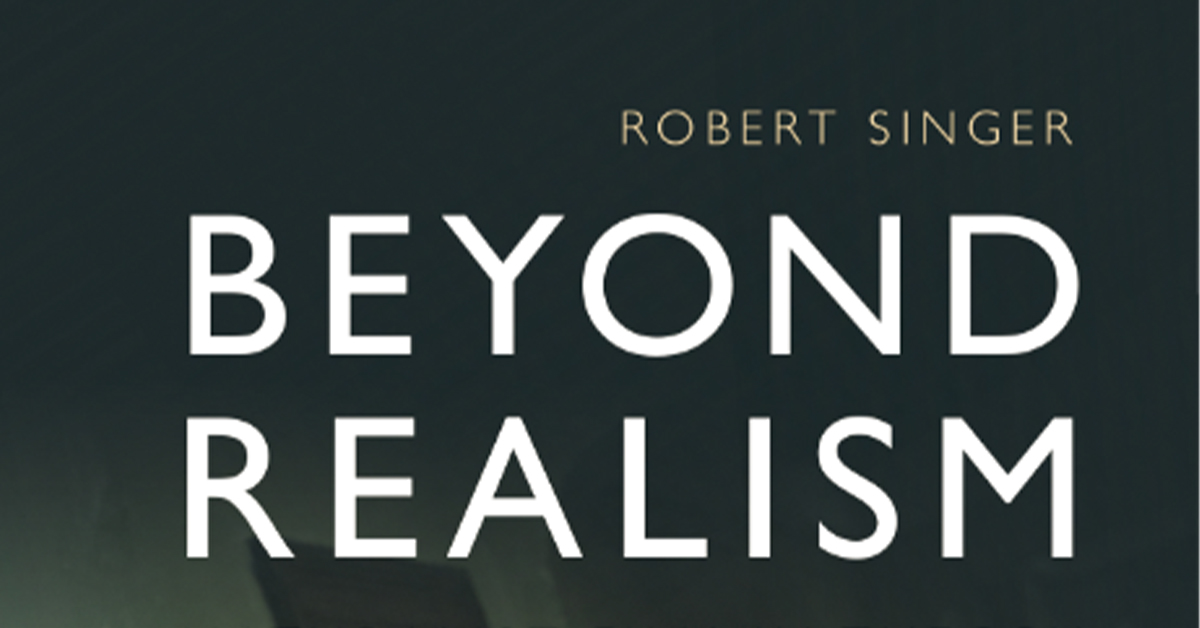
by Robert Singer
Robert Singer, the author of Beyond Realism: Naturalist Film in Theory and Practice, discusses the inspiration behind his research for the book and what most surprised him during the writing process.
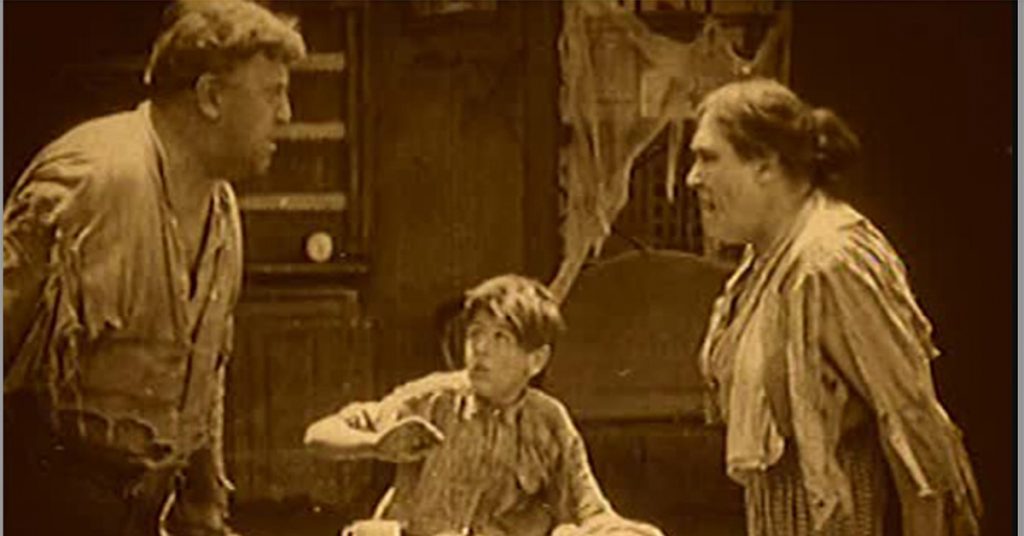
“The alcoholic abuses his impoverished family”
Tell us a bit about your book.
Whether set in coal mines, prison cells, or swimming pools, naturalist cinema exists! While it is often mistaken for realist film, international naturalist cinema has a unique cultural and critical history. My book, Beyond Realism: Naturalist Film in Theory and Practice is the first study of an aesthetic endemic to international cinema that has existed as an industrial practice since the silent era. Whether discussing Eisenstein’s Strike (1925) or Noè’s I Stand Alone (1998), I establish in my book how the naturalist film narrative traverses language, movement, and genre. The international naturalist film is a way of reading film narratives based on interdisciplinary and intermedial reconfigurations, indicating a new way of seeing.
What inspired you to research this area?
I was inspired to conduct my research, which has taken well-over a decade, primarily because there is no published book in any language covering this area of international film studies. I also have over two decades of experience working and publishing in the field of naturalist cinema; for example, I discuss several of the critical precepts invoking genetic and social malfunction in my article, “’Error Bred in the Bone’: The Bad Seed,” Horror Studies (2016).
What was the most exciting thing about this project for you?
I was excited to discover that naturalist cinema is predicated on two foundational, intersecting paradigms that configure as one ideological system in an overarching scientific and social experimental narrative. Either the scientific or social paradigm may be dominant in the film narrative or they may simply co-exist, but a naturalist film reveals both templates. In my book, I discuss how the work of Darwin, Marx, Zola, and Courbet address the contemporary audience and the complex workings of the world more than ever.
Did you discover anything particularly strange or surprising?
I was amazed by how regularly naturalist film narrative invokes a world of confrontation and demise, survival schemes, class indifference, brutality, unrepressed sexuality, and malfunctioning genetics. Naturalist narrative consistently represents the human beast in non-supernatural crisis, and these narratives are frequently case studies of entrapped, devalued humanity. For example, Noè’s I Stand Alone and Phillips’ Joker (2019) exhibit specific industrial and historical markers involving Zola’s “human beast,” with significant intertextual core precepts indicating a brutish struggle to survive in a predatory environment, one which breeds violence and inevitable loss.
Did you get exclusive access to any new or hard-to-find sources?
I was fortunately granted access to rare archival material from the Deutsche Kinemathek, Berlin, the Museum of Modern Art, NYC, and the New York Public Library, especially at the Lincoln Center for the Performing Arts and 42nd Street branch locations. I was provided access to several unique film prints and manuscripts from private collectors; some of this material has not been seen for decades.
Did your research take you to any unexpected places or unusual situations?
From China to France…to Oklahoma and beyond, I was delighted by the spirit of cooperation I encountered from the supportive community of international film scholars. I owe a great debt to so many fine film researchers and academics. I also discovered the vast treasure trove of “forgotten cinemas” located on YouTube and the Internet. The search for cinemas past and present has only begun. There’s more work ahead.
Has your research in this area changed the way you see the world today?
I see the world differently in one special regard: so much incredible international cinema needs to be examined and discussed across the academic and social spectrum. There is a demand for more critical, comparative analysis. The classroom needs more intermedial and intertextual conversation to sharpen one’s personal and ideological perspective. We need to recover and renew our commitment to the humanities, aesthetics, and their relationship to the existent world. Cinema is relevant.
What’s next for you?
I plan to continue working with my friends and colleagues in both ReFocus series at EUP and also to publish in new areas of research in film studies. I will also proceed with my work in creative projects involving film and theatrical productions. I am very grateful to EUP for making so much possible for so many…. I hope the best is still ahead for all.
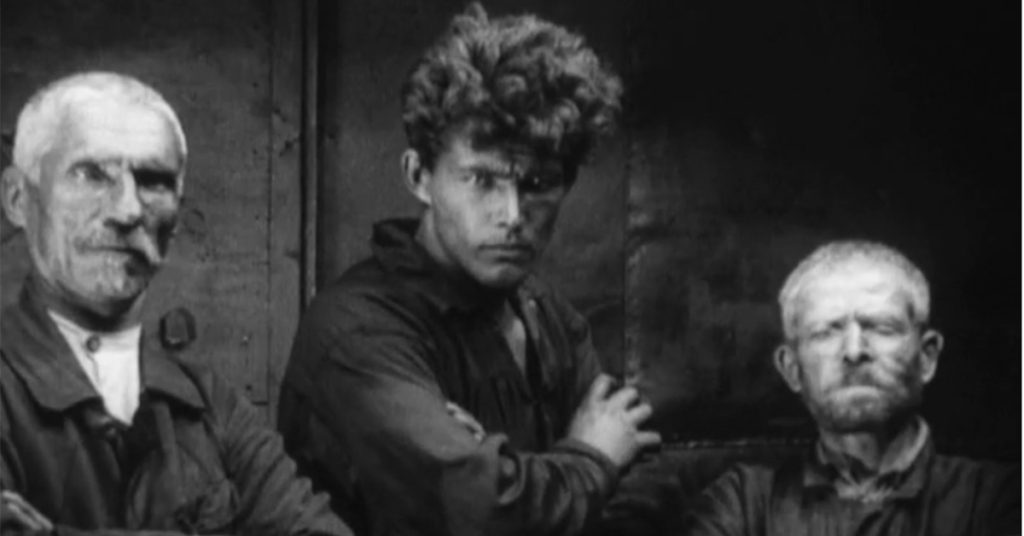
“The workers react to and revolt against class subjugation”
Sign up to our mailing list to keep up to date with all of our free content and latest releases
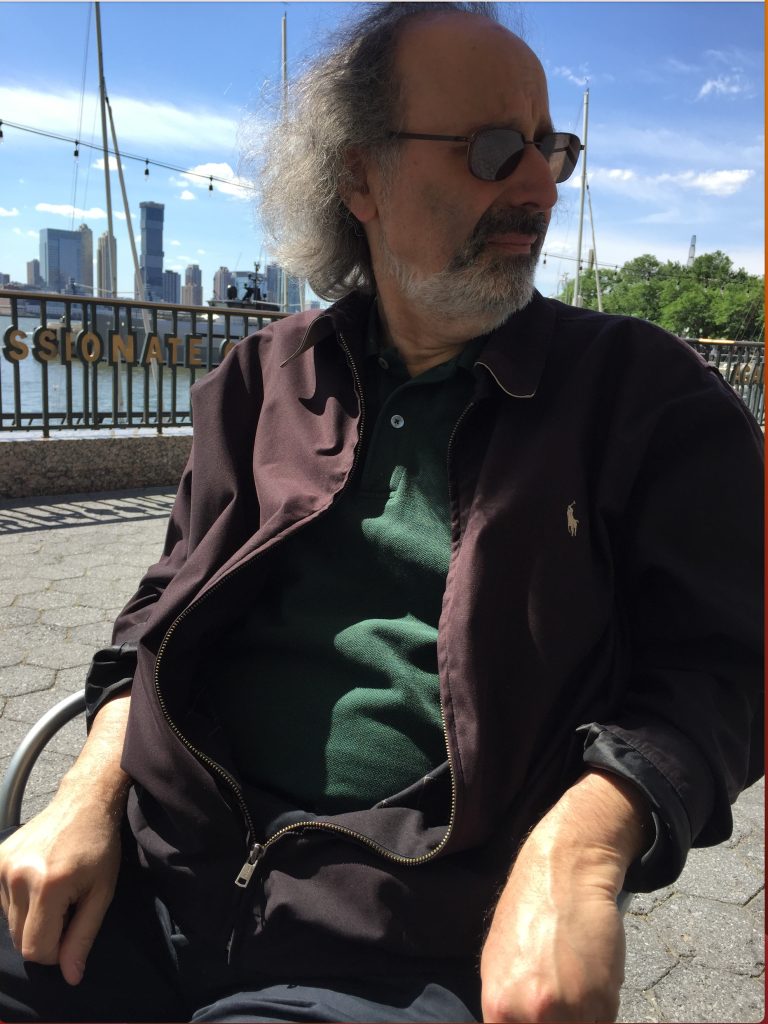
About the author
Robert Singer, Professor of Liberal Studies at the CUNY Graduate Center [ret]. His areas of expertise include literary and film interrelations, interdisciplinary research in film history and aesthetics, and comparative studies. He is a co-editor of both ReFocus multivolume series.
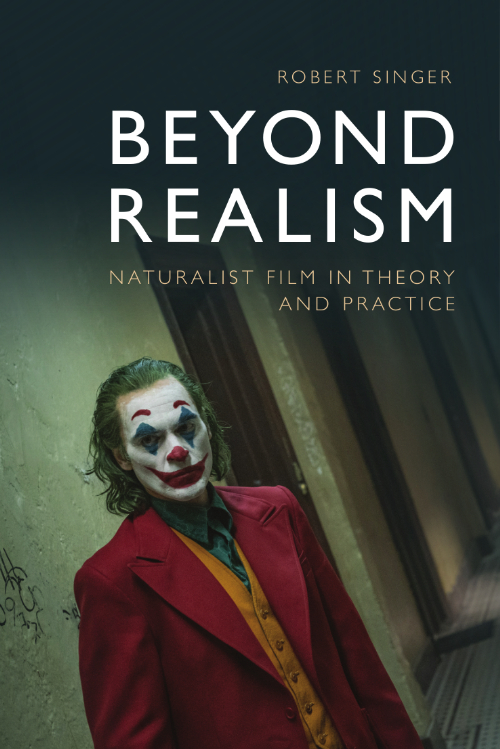
About the book
Get 30% off your copy with code NEW30
Examines the unique cultural and critical history of international naturalist cinema


